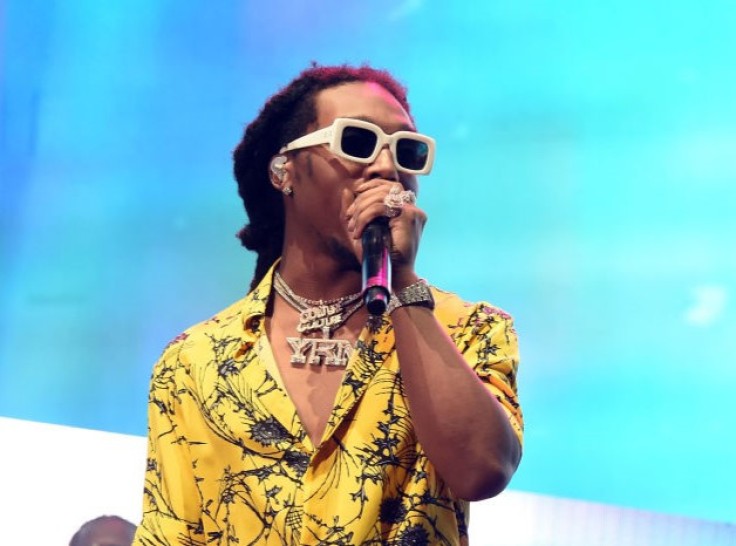
Is there a problem with how rappers' deaths are being reported? Is the media too amazed by the gory details of rappers' deaths - losing touch of becoming more humane and sensitive?
This month, the hip-hop community experienced a sudden jolt when the news of Takeoff's gunshot death became public on November 1.
As unsubstantiated rumors propagated across the internet, details were obscured across many timelines. The next morning, TMZ published a more comprehensive piece claiming the rapper had died.
The report includes a snapshot of Takeoff's dying moments with a watermark and a video clip that was quickly removed from their platform and then uploaded. In the world of rap, depictions of brutalized Black bodies are commonplace.
A few weeks ago, as the body of the artist and rapper PnB Rock lay in his own blood, bloggers and social media users shared clips of his murder with the click of a button. The deaths of George Floyd and Nipsey Hussle were also reported and disseminated in 2020 and 2019, respectively.
According to Complex, this month's behavior in the digital arena is a reflection of years of established custom and habit. Akademiks frequently engages himself into hip-hop beef, how fatalities "happened," and general speculations, and he has been especially vociferous regarding the ongoing Tory Lanez and Megan Thee Stallion court battle concerning the August 2020 shooting of the latter rapper.
Furthermore, just week it was announced that Dancehall superstar Spice had passed away due to BBL issues, as rumored by social media fans. She later responded to the erroneous rumors on social media, saying that she actually had hernia damage. "Rappers are treated as martyrs," says music marketing expert Vanessa Adams. This means media reports these deaths not as straightforward as they would have been with deaths of ordinary figures, but with additional arguments that their death was due to their environs or circumstances."
In other words, because rappers are perceived to frequent more dangerous locations than their colleagues in other musical genres, they are viewed as more vulnerable to death and less deserving of respect, victimhood, and empathy.
These components, along with the fact that the vast majority of rap is dominated by Black people, can interact with those described above.
In the instance of Takeoff, media figure Jason Lee popularized on Twitter the anti-Black narrative of "Black-on-Black crime."
The exploitation of the deaths of Black rappers is part of a wider cultural truth regarding media and social media use in the present era. When digital natives are driven to filming every moment, death becomes one of the grandest and most scandalous activities.
In a poisonous climate that prioritizes clicks, engagement, and reach, blogs and individuals scramble to be first, regardless of how catastrophic this pursuit may be. Rappers' deaths are now disregarded in the content economy, with utter disregard for what truly happened to these Black rappers and the grieving families. The assumption that black rappers are doomed to die, is an idea that actually persists. "Death as 'internet content' is a societal failing in an attention economy," Hustle added.
© 2025 MusicTimes.com All rights reserved. Do not reproduce without permission.







![Takeoff's Killer Finally Arrested; Charged With Murder [BREAKING]](https://d.musictimes.com/en/full/83243/takeoffs-killer-finally-arrested-charged-murder-breaking.jpg?w=403&h=202&f=d843861701274c686cba7bc41ca9c718)